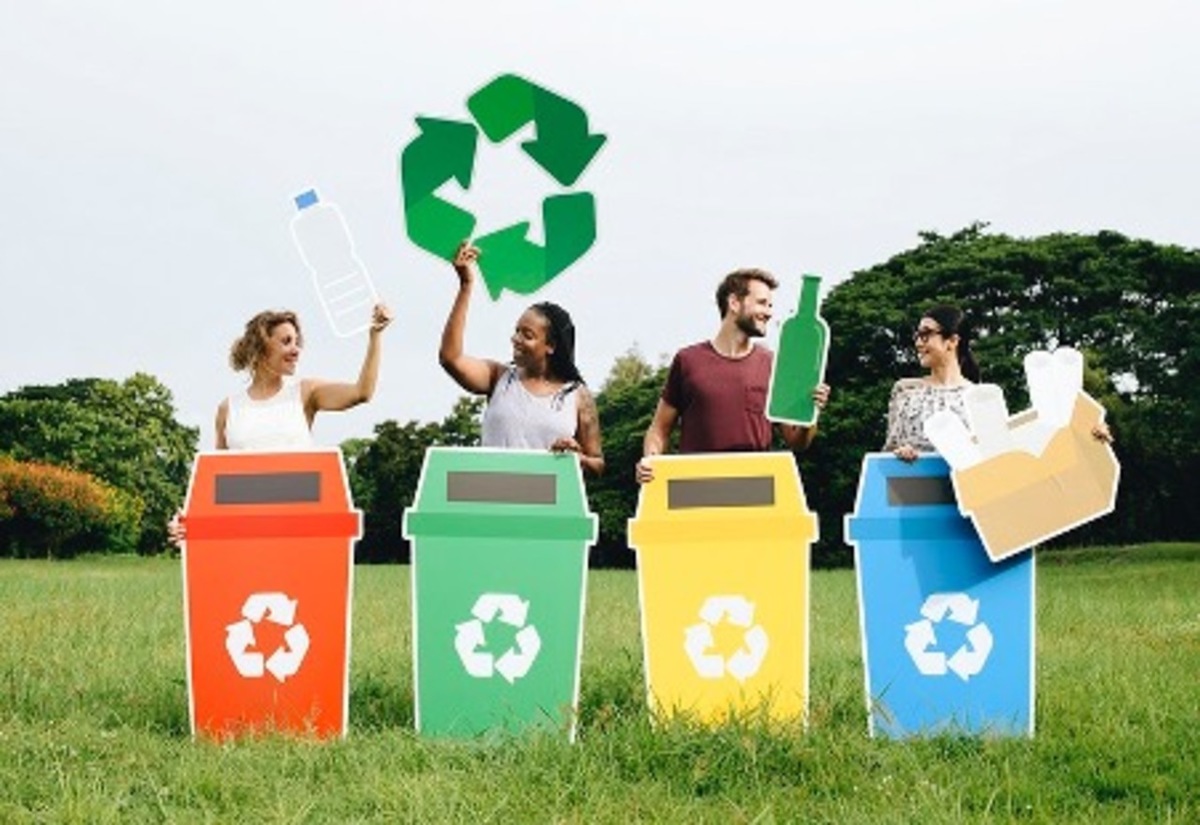Going green without a yellow bin
Laura Williams
11 November 2021, 3:21 AM
 There's still an opportunity for shires without recycling programs to get involved in National Recycling Week
There's still an opportunity for shires without recycling programs to get involved in National Recycling WeekCouncils around the country are throwing their support at National Recycling Week, shining the spotlight on their local recycling initiatives. Many shires across the Western Plains, however, remain without sufficient recycling services, offering no recycling options for mainstream household items.
Unfortunately, for many local councils the costs surrounding services such as kerbside recycling make it an impossibility.
Planet Ark Recycling Campaigns Manager Alejandra Laclette says that the vast expanse of Australia makes this a common issue to overcome.
“We have massive areas and small populations. So if we want to collect enough volume to justify the freight costs of the truck, we have to travel really long distances to collect the same amount that you would collect in a Sydney suburb. It’s just not economically feasible,” Ms Laclette said.
Still, Ms Laclette says there’s various ways that locals can get involved with recycling initiatives and to reduce their waste.
“It’s important to focus on the things that you can do rather than the things that you cannot,” she said.
According to Planet Ark, composting organic waste, such as grass clippings, branches, coffee grinds and food scraps, is one of the biggest contributions that residents anywhere can make.
Currently, organic waste represents up to 40 per cent of what goes into landfill and, if incorrectly disposed of, produces a lot more methane.
Additionally, the ethos of reduce, reuse, repair should be implemented in situations where recycling is not possible.
“If you have a men’s shed locally, maybe you can take your damaged goods that can be repaired and they can help you out,” Ms Laclette said.
While traditional methods of recycling locally may not be available locally, organisations like NetWaste - which partners with local councils across a wide area of the central west, facilitate various avenues to recycle across the Central West.
Initiatives such as drumMUSTER provide an alternative, safer method of disposal for farm chemicals, while Gilgandra’s community recycling centres that can divert products like paint, gas bottles and car batteries from landfill.
NetWaste Environmental Learning Advisor Sue Clarke says that the demand and interest from the community is enough to start new initiatives locally, built from the ground up.
"If your council doesn't have information on the website, maybe communities need to ask a few more questions of council, and for more transparent information about how much waste is going into your landfill," said Ms Clarke.
According to Ms Clarke, while 67 million tonnes of waste is produced in Australia each year, it is time to reflect on buying behaviour, rather than just recycling.
"A lot of people will say they don't waste too much, but if you really look at what you do throw out there are lots of ways you can reduce it. To start, when you go shopping, maybe try to reduce the amount of soft plastic packaging that's around your food," said Ms Clarke.
Australia as a whole recycles around 60 per cent of all waste generated. While Australians are increasing their recycling efforts, so too are the costs that accompany it as China’s 2018 ban on Australia’s waste exports left domestic recycling and waste facilities overwhelmed.
Australia’s own waste export ban within the Waste Reduction Act 2020 means that by mid-2024, specific raw materials can't be exported from Australia, such as plastic, paper, glass and tyres.
“It’s going to get worse before it gets better," Ms Laclette said. "There will be some short-term pain, but it’s important to understand that it isn’t a full ban."
The newfound dependence on Australian processing facilities is expected to create an opportunity for Australian industry and incentivise new recycling infrastructure.
When the ban is fully in place, Australia will need the capacity to recycle around 645,000 additional tonnes of waste each year, supposedly creating 10,000 new jobs over the next ten years.
“In the long term, it’s only going to help the recycling industry to get better, hopefully to the point that we can provide proper services to places like the Western Plains,” Ms Laclette said.
The Regional and Remote Recycling Fund is a result of this increased demand, offering grants of up to $1 million for councils and organisations to increase their sorting, processing, and manufacturing capacity.
Ms Laclette described the grant not as a solution, but a worthwhile starting point for Australia’s future responsibilities.
“It’s not just about investing in infrastructure, it’s about creating those markets. It’s a good initial investment but obviously, we need to have constant investment and then once we can prove that a system works, that’s really where most of the money could go,” Ms Laclette said.
"Even if you only make one change a month, that will make a huge difference," Ms Clarke said.
National Recycling Week runs this year from November 8 – 14.